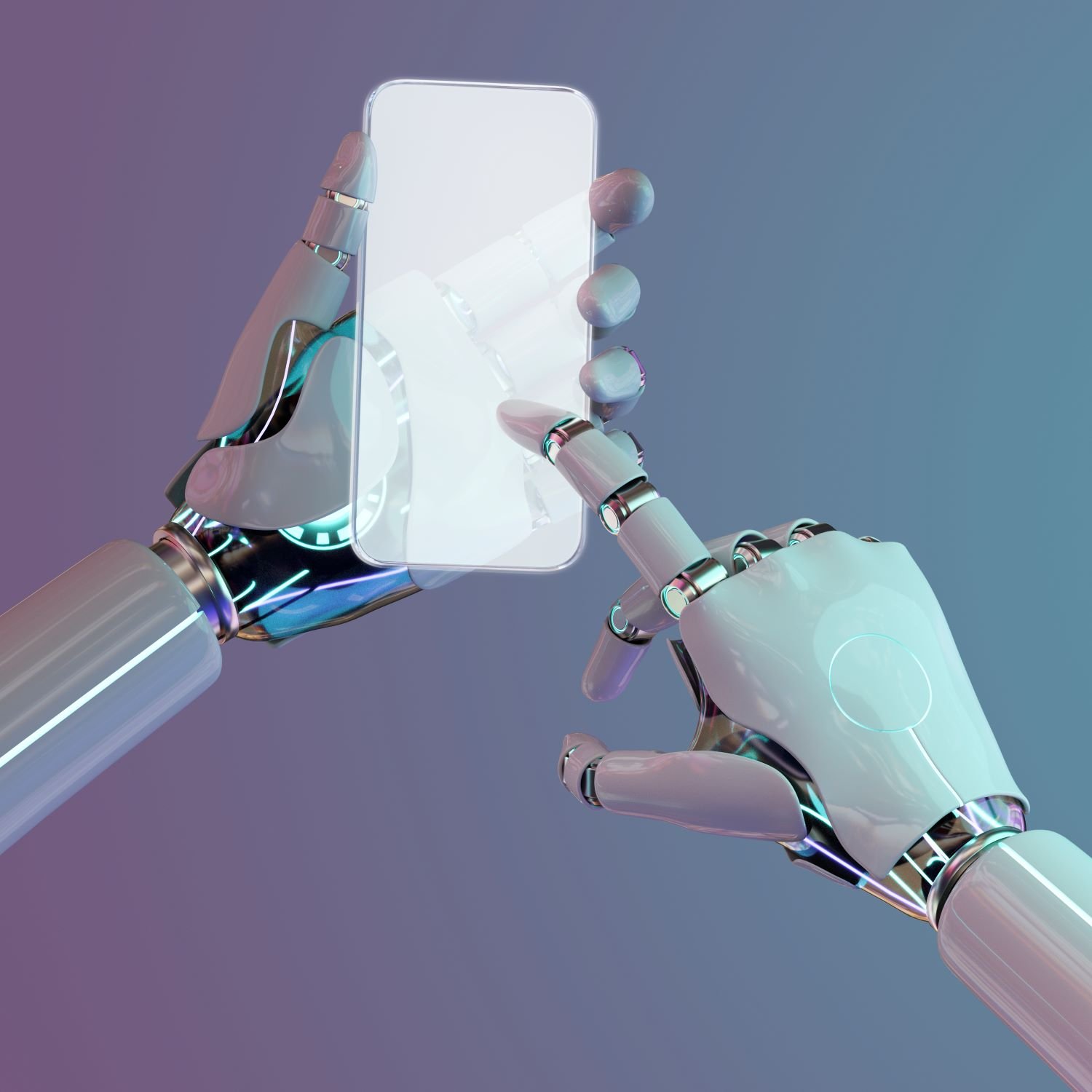Apple Joins Growing List of Companies Restricting Use of ChatGPT in the Workplace

Apple is the latest company to ban ChatGPT and other external artificial intelligence (AI) tools in the workplace, citing security concerns. Goldman Sachs, Verizon, JP Morgan and other major companies have also banned or restricted the use of ChatGPT. This article explains some companies’ concerns about ChatGPT.
Understanding ChatGPT
ChatGPT is a natural language AI chatbot created by OpenAI, a Microsoft partner. It generates human-like answers to questions and can make content, such as code or articles, in addition to imitating human decision-making and conversation. According to Microsoft co-founder Bill Gates, AI is the most significant technological advancement in decades. But among claims that chatbots can significantly increase productivity are fears that they will replace workers and introduce new security issues into the workplace.
Areas of Concern
Many companies have expressed concerns that external AI tools, like ChatGPT, could unintentionally disclose confidential or proprietary information to third parties. Other companies have banned or restricted ChatGPT in the workplace over concerns that uploading sensitive information into external chatbots could pose a security risk to the company.
There may also be potential legal ramifications for specific uses of AI. For example, content generated by ChatGPT can create privacy issues or violate copyright infringement laws. Therefore, employers must be cautious if they embrace or allow ChatGPT in the workplace.
Employer Takeaway
ChatGPT has the potential to impact every aspect of an organization. While this new technology presents opportunities to increase efficiencies, it also has unique risks that should be carefully considered. Employers should stay up to date on recent AI developments and potential issues with the technology.

 Prev
Prev

